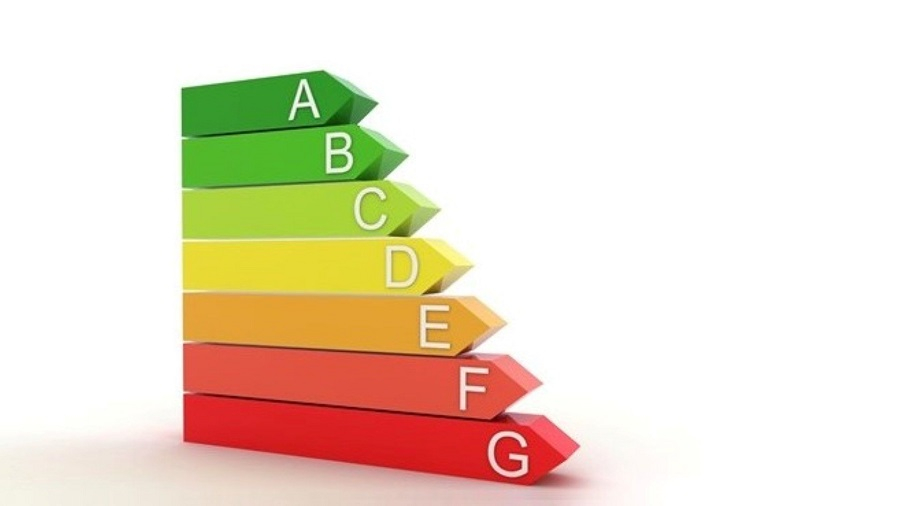Given our GDP per capita, our biggest challenge will be to increase the energy efficiency of buildings, said Ćorić, who attended a meeting of EU environmental ministers in Brussels.
The main topic of the meeting was a discussion on the progress made in the agreements on the Fit for 55 climate package, which includes a set of proposals to reduce net greenhouse gas emissions by at least 55% compared to the levels from 1990 by 2030 with climate, energy, transport and tax policies and land use policies.
In addressing this issue, Croatia counts on a new social fund for climate, which should be established in the coming period. With this fund, member states will help citizens to finance investments in energy efficiency, new heating and cooling systems and cleaner mobility.
The fund would be financed from the EU budget, with a budget of 25% of expected revenues from the emissions trading for buildings and road transport fuels. It will provide member states with €72.2 billion for the 2025-2032 period after a targeted amendment to the multiannual financial framework.
Given the tens of billions of kuna that will have to be spent in that direction, every kuna and every source is very important to us. That is why we stress the importance of the social climate fund, which will be used to reduce social risks that will arise due to efforts to increase energy efficiency, said Ćorić, adding that Croatia had an additional challenge, the post-earthquake reconstruction of buildings.
Biljane Donje landfill
Asked what was being done about the 2019 judgment by the Court of Justice of the European Union, which ruled that Croatia had failed to meet its commitments under the Waste Directive because it did not remediate the illegal landfill at Biljane Donje near the coastal city of Zadar, Ćorić said that a new assessment of the case had been agreed.
The EU court ruled that Croatia had misclassified over 140,000 tonnes of production residue of processing silicomanganese at the site of Biljane Donje as “by-product” and not as waste and that it had failed to manage this waste in way that did not endanger human health and harm the environment.
In September this year, the Commission sent a letter of formal notice to Croatia for failing to comply with a ruling of the Court of Justice of the European Union, which can result in financial sanctions.
Ćorić said that Croatia had declared the material at that location mineral raw material which could be used for construction works.
We sent a letter to the Commission and arranged a re-evaluation of that material. Croatia still holds the position that it is mineral raw material. A re-evaluation has been arranged, which should show whether we are right or the Commission. If it turns out it is not mineral raw material, it will have to be removed in accordance with the waste management act, Ćorić said.
Croatia has received several more letters of formal notice from the Commission with regard to waste management. Ćorić said this was specific to Croatia because as the youngest EU member it had had the least amount of time to harmonise with the European practice. Other new EU members have similar problems, and it will take years to solve them.










